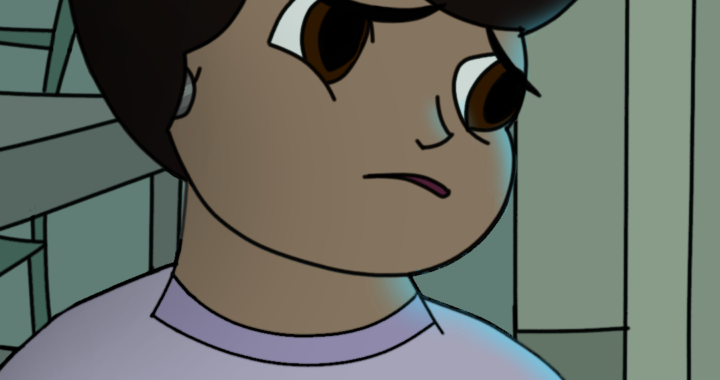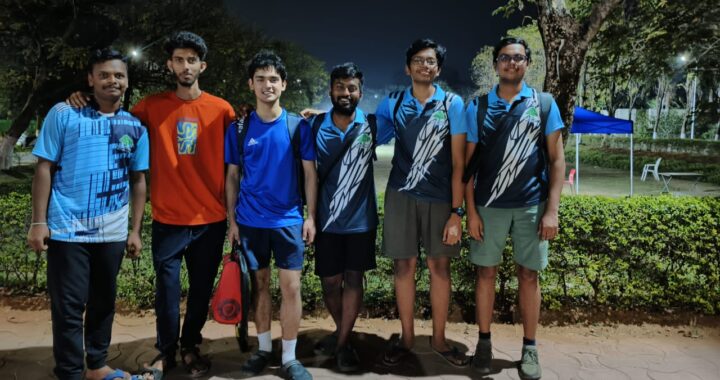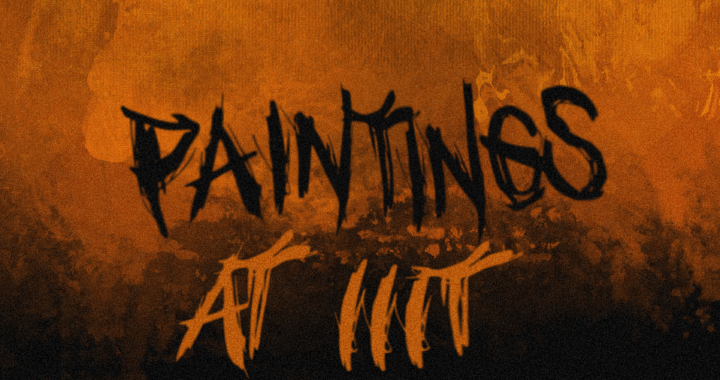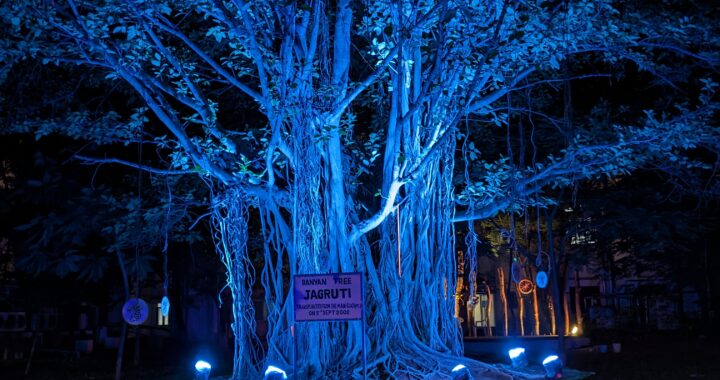IIIT-H Research Community: Interviews

Ping! will be running a series of interviews of the research community at IIIT-H, so that our current research students can reap the benefits from their experiences. Here is the first, from a familiar face at LTRC.

Name: Himanshu Sharma
Research Experience: 3 Years
Lab: LTRC
Guides: Dr.Soma Paul, Dr.Dipti Misra Sharma
Area of Interest: Natural Language Processing
Email Id: himanshu.sharma@research.iiit.ac.in
Q: What was your motivation in joining a research program?
Initially, my disinclination to work in a corporate environment led me to choose research. I didn’t want to work in an environment where the research or your subjects of interest were controlled by their economic value. Rather, I wanted to pursue a research area that contributed more to society, and where I had the freedom to do research on a topic that I found worthy of being looked into.
Q: How did you feel in your first semester when you had to select a lab and decide which professor you wanted to work under?
Unlike most others, I decided my lab of interest (LTRC) before I joined the MS program. Although, I was sure about what I wanted to do, I had no idea about the kind of work or the depth of the research area that I was opting for. Based on the courses and the exposure that I got in my first semester, I chose my Professor and the area in which I wanted to pursue the MS.
Q: What was the motivation behind you pursuing academics rather than joining the industry? In your opinion, what are the major differences between the two?
The first, as I have mentioned earlier, is the economic value of your area of interest. Whether or not your field is eligible for commercialization is in my opinion a big let-down for people who want to pursue research. Even with a limited stipend, if you get to work in a field that you believe is contributing something to society, then I feel it is worth it.
Another great thing about research, I think, is that one gets to collaborate with people working in other institutions, or independently, on the same topic. For example, I can talk to a like-minded researcher who works in the University of Columbia. This kind of interaction is limited in the industrial workspace.
Q: How did you choose your thesis area? And why did you choose that particular area?
I chose my thesis area on the basis of the field-exposure I got through my courses in the first semester. Also, I was very much interested in this area as opposed to the other fields that were laid down before me. To me, this field seemed to have immense research potential in comparison to other areas that had already seen many contributions over the past 2-30 years.
Q: How did you narrow down your search (for your thesis problem) to one particular problem?
I tried to see many problems and selected the one that was most basic to my research area. There are many problems at a lower level that create problems or affect the solutions to more abstract problems that are built over the same. So, I narrowed down the problem to the core of the final usable application that can be delivered as a solution for society.
Q: How was your experience in paper (or thesis) writing and do have any tips that will make the process an easier one?
One should always start documenting/recording experiments as one does them.
It’s very hard to document all the experiments after they have been completed. If one keeps a record of daily research activities and ideas, it is very easy to take snippets of text/ideas from there and embed them into the final version/report of your thesis/paper.
Q: What do you suggest for newly joined research students with regard to choosing a lab and enrolling under a Professor?
Interest should be the prime motive for the selection of a lab (CDE/CVIT/CSTAR/LTRC etc.). If there is more than a single area of interest, one should take a few courses in each area for a basic introduction and then try to decide.
For choosing a professor, one should take care of the fact that the professor should be of help in the research area. Going after a few professors because they are popular among students is the biggest mistake one can make. Just because a professor is very popular in his/her field doesn’t mean that he/she would make the best guide for you. Try to opt for professors who have done work previously in your area of interest.
Q: Does regular writing of your ideas and your understanding of a concept (or a research paper) in own words help? If yes, how?
It helps in the sense that one can recall the experiment in a more familiar hand that one does while reading a third-party research paper. If I document the current experiment in my own words, then it is easier for me to go back and understand the experiment 3 months later. One can always rephrase the language for publishing purposes, but otherwise it is best to document your results and experiments in your own words.
Q: In your opinion, how does the environment at IIIT-H help an individual in pursuing research?
The timings in most labs here are flexible, so it is easier to work according to a schedule that suits you best. There is a lot of help from peer groups, at least in my area of interest (NLP-LTRC). Professors are hard-working and helpful, even if they have to go the extra mile for contributing something. The labs are well equipped, technical support is excellent and they respond promptly to problems.
Q: How does the research program at IIIT-H help in your overall growth as a responsible person (or citizen) of the society (or India) ?
It helps in realizing how one can pursue academics and still contribute to society in terms of creating applications or via information creation. One gets to meet researchers from different areas and see how the applications complement each other when they are released in the real world. The society is the end-user of whatever research we pursue.
Q: How was your overall experience with respect to the work culture of your centre?
The work ethic at our center is highly commendable. There are support systems for those who lag in some areas. People are always helpful, try to promote your interests and push you to pursue your interests. The culture in LTRC promotes one to work collectively towards the betterment of a solution instead of having a bitter and competitive work culture, which is certainly not the best way to provide better solutions.
Q: Do discussions with fellow researchers help? If so, how?
Many times when I find that solutions used by other labs can benefit my research topic, I work on their approach to make it suitable for use in my area. When we try to model the real world, usually the simplest of solutions are applicable to every problem we face. For finding these simple solutions and their applicability, cross-lab discussions are a must.
Q: Please quote your favourite tagline which helped you to ‘get going’?
Jodi Tor Dak Shune Keu Na Ase Tobe Ekla Cholo Re.
“If they answer not to thy call, walk alone.” — Rabindranath Tagore
[Article courtesy: http://iiithresearchcommunity.blogspot.in/ a blog composed by Jatin Agarwal]

 Cleaning up the Mess?
Cleaning up the Mess?  The Mess-y Situation
The Mess-y Situation  Qu’ils mangent de la grenouille! (Let Them Eat Frogs!)
Qu’ils mangent de la grenouille! (Let Them Eat Frogs!)  Tale of Two Cheenties
Tale of Two Cheenties  Peace of mind.
Peace of mind.  Boats and Valorant
Boats and Valorant  A perspective on sports in IIIT
A perspective on sports in IIIT  Paintings of IIIT
Paintings of IIIT  The Tale of Jagruti
The Tale of Jagruti